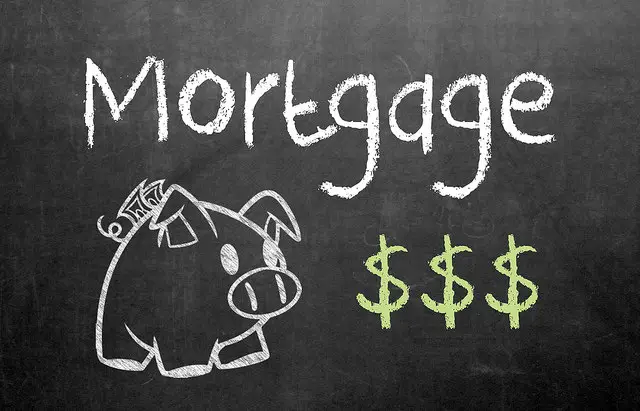 An FHA loan is a government-backed mortgage that is insured by the Federal Housing Administration. Although anyone can apply for an FHA loan, they were designed to help people with lower incomes qualify for a mortgage.
An FHA loan is a government-backed mortgage that is insured by the Federal Housing Administration. Although anyone can apply for an FHA loan, they were designed to help people with lower incomes qualify for a mortgage.
Because FHA loans protect lenders against default, the loans usually have better terms than conventional loans. For example, FHA loans require:
- Smaller down payments. Often as low as 3.5% of the purchase price.
- Lower closing costs. This is possible because FHA loans permit closing costs to be bundled inside the loan.
- Lower credit scores. In fact, you can qualify for the minimum down-payment with a credit score as low as 580.
FHA loans come with other benefits too. For example:
- They’re assumable
- There are no prepayment penalties, so you can pay the loan off at any time
On the other hand, there are some drawbacks to FHA loans, including:
- Mortgage insurance premiums. This is required if your loan-to-value (LTV) ratio is less than 95%. Compare that to conventional loans, which only require mortgage insurance if the LTV is more than 80%.
- Maximum loan ceilings. There is a limit on how much you can borrow. The actual amount depends upon where you plan to live; in most cases, it is currently $625,500.
Readers: This is article 7 of 25 from my no-nonsense “Mortgage Basics” quick-reference series.
Photo Credit: GotCredit

Len, is the mortgage insurance premium able to be refinanced off the loan in a year like a conventional mortgage?
Is there an income limit on who could apply for an FHA home loan?